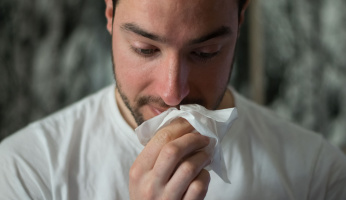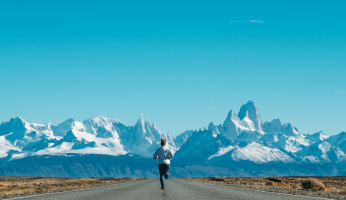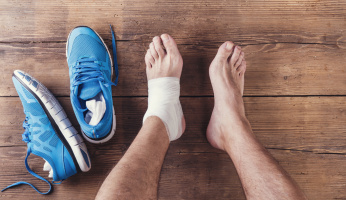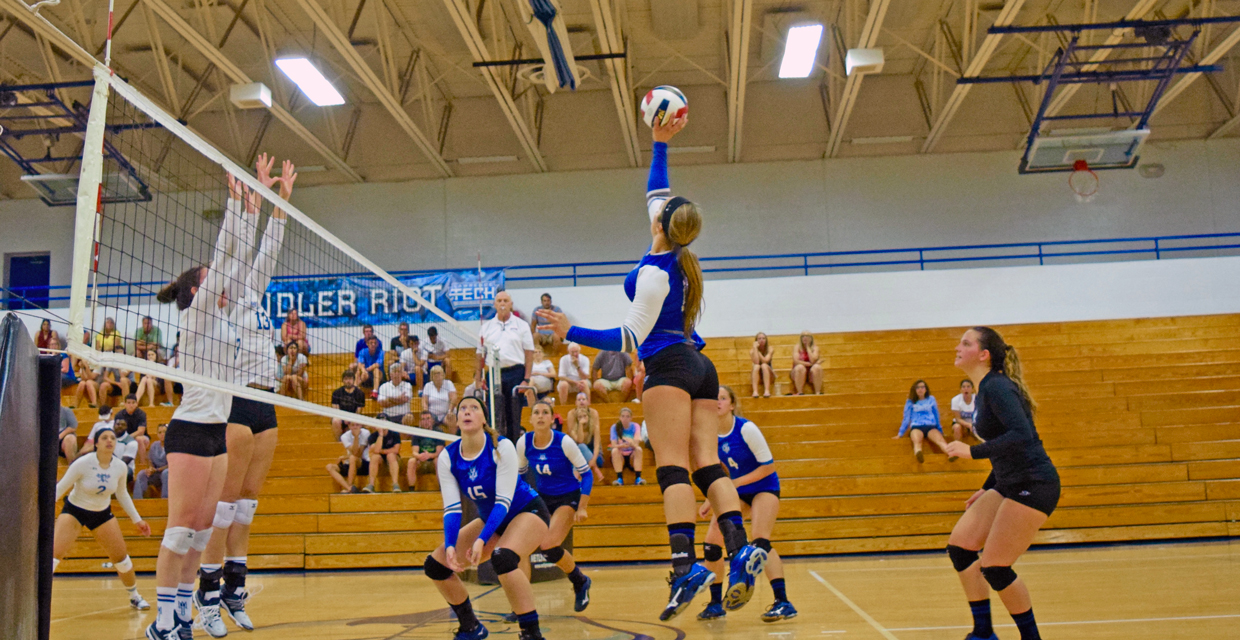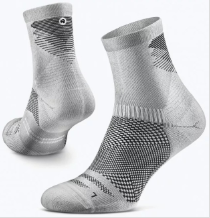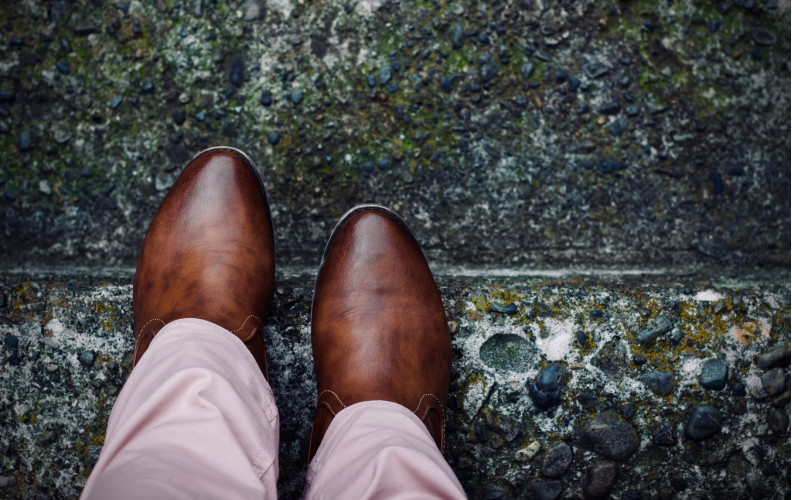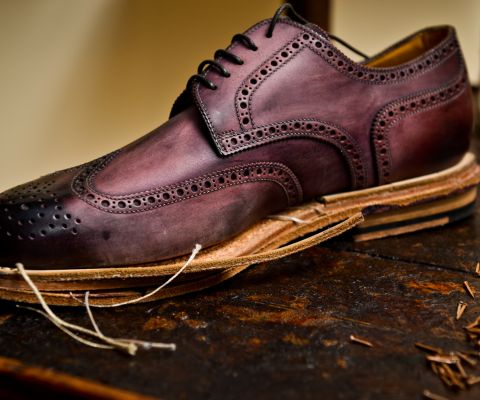Menopause and Running: Advice From a Female Runner
 Menopause and Running: Advice From a Female Runner www.walkjogrun.net
Menopause and Running: Advice From a Female Runner www.walkjogrun.net Menopause is a natural part of life and every woman has to travel through this passage. For some women, menopause is a walk in the park and not a difficult journey at all. However, for other women, the road can be bumpy and tumultuous.
Knowing what to expect can be helpful for women as they travel this path. Also, understanding how menopause will impact you and things you enjoy doing is important. For female runners, this life-changing event can be frustrating.
What to Expect
The ending of a woman’s menstrual cycle, most women start to go through menopause sometime after the age of 40. The first signs of menopause often include hot flashes. A hot flash is when you get a sudden feeling of warmth that spreads across the upper body and sometimes comes with sweating and “blushing.” For some women these are mild but for others, they get quite severe.
Other symptoms can include vaginal dryness, sore breasts, missed periods, and urinary frequency. In addition, you can find yourself experiencing emotional changes and trouble sleeping. As women get further into menopause, some women experience weight gain, depression, headaches, change in sex drive and other things.
As you can imagine, these symptoms can make life challenging.
Stages of Menopause
There are three stages of menopause: perimenopause, menopause and post-menopause. Perimenopause can last 3 or 4 years as your body slowly produces less and less estrogen.

Menopause is when your body has stopped producing estrogen and you are no longer menstruating. Physicians consider you into menopause if you have not had a period for 1 year. For most women, this happens somewhere between 45 and 55 years of age.
Post-menopause is when you are completely through menopause.
Perimenopause
The first thing to know is that many specialists state that regular exercise can ease menopause symptoms. If you are experiencing perimenopause, sticking to your regular exercise regimen is good for you. This is especially true of vigorous exercise and its ability to regulate and alleviate sleep disturbances common in women going through menopause.
Of course, this is true of women who are not going through menopause also. Regular exercise is good for overall wellness!
There are also studies that point to weight lifting as a benefit to reducing hot flashes in women going through menopause. If you have lived through a hot flash (or questioned someone who has), you know that anything you can do to alleviate them is something worth investigating.
Can Menopause Affect Running?
According to research, menopause does not have to mean your speedy days are behind you. Of course, if you have run your whole life and trained hard since your teenage years, expecting to be faster through your 40s and 50s may be a pipe dream. However, if you are new to running as an adult, you very likely can continue to see improvements in your times!

One impact of menopause that does affect some women is the weight gain we discussed earlier. As the pounds creep on, some runners struggle with staying motivated to run. Of course, carrying more weight around can also make running more difficult. This is one reason why following a balanced diet and workout out regularly is even more important as we age.
If you are not sleeping well, which is a very common side effect of menopause, it can be difficult to perform well athletically. As previously noted, regular exercise can help improve your sleep patterns. However, if you are not getting enough sleep due to hot flashes, you may not feel like exercising. Less exercise can make it harder to sleep. Can you see the vicious cycle here?
Does Running Increase Estrogen Levels?
The evidence about estrogen levels and what happens to them as a result of exercise is conflicting. When studying the impact that any estrogen fluctuation resulting from exercise might have on perimenopausal, menopausal or post-menopausal women, it appears to be negligible at best.
How Does Menopause Affect Exercise?
Menopause is actually the best time to exercise for so many reasons! It can help you stave off the belly fat weight gain so many women are plagued with. In fact, the Center for Disease Control encourages menopausal women to get at least 75 minutes of exercise each week for overall health.
Menopause can impact your motivation to exercise a great deal. This is accentuated by fatigue and depression that many women experience.

There can also be struggles related to the symptoms women are going through. These symptoms can include hot flashes and night sweats which make the very thought of working up a sweat exercising seem like a terrible idea. However, the sweat you get working out can help lesson the night sweats. Trust us!
Vaginal dryness can cause uncomfortable itching that can make you crazy, especially while wearing form-fitting running tights. Weight gain can cause uncomfortable bloat around the midsection.
Fatigue can make you feel sluggish and like you are too tired to exercise. Furthermore, insomnia can push you right over the edge and have you calling off workouts before you start them.
What Exercise is Best for Menopause
Menopause and exercise should go hand in hand for optimal health. When considering what type of exercise you should be doing, the first question to ask yourself is your current level of fitness.
✓ Cardio: Whether you are walking, jogging, cycling or swimming, cardiovascular activities are excellent for you no matter your stage of menopause!
✓ Strength Training: Even if you have never done weight training, this is a great time to start! Just remember: start with low weights, higher reps, if you are a beginner.
✓ Yoga: Good for both flexibility and building mindfulness, yoga is an excellent exercise.
✓ Elliptical: An excellent non-impact exercise, the elliptical is a great option for some people. If you have not tried it, you should!
✓ Anything Else You Want to Try! Let’s face it, when you are in your 50s, it is an excellent time to branch out and experience some new things. Once your kids leave the nest, you are free to hike, join a Zumba class or pick up fat tire biking.
Regular exercise such as running will help you navigate menopause without skipping a beat. Trust me! As someone who has been through it, I can attest that running kept me sane!
Don’t Be Afraid to See a Specialist
My last piece of advice is not to suffer in silence. If you are struggling with severe symptoms, see a doctor. When my general practitioner did not have answers for me, I decided to see a women’s health specialist.
Someone who deals in women’s health issues all day, every day, often can help you navigate these unchartered waters.





